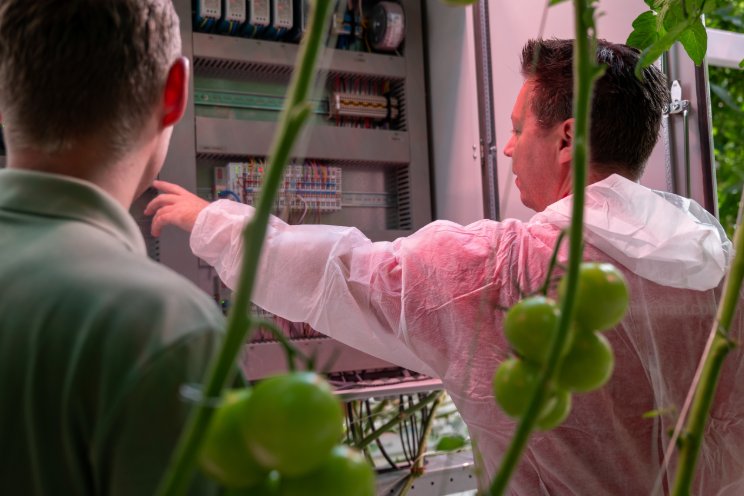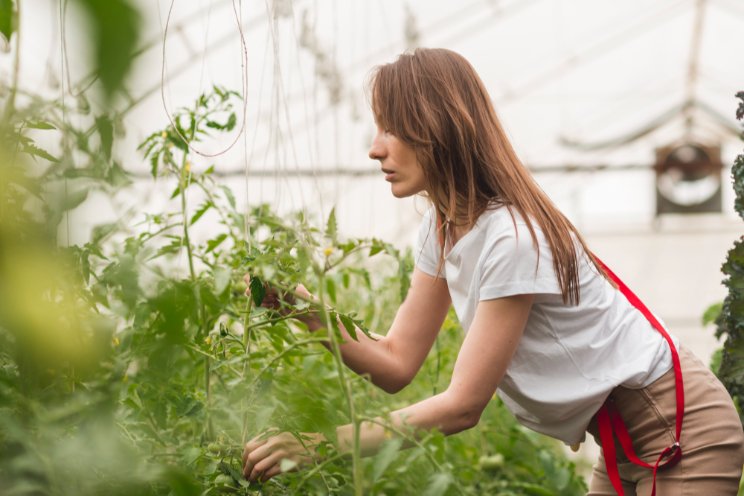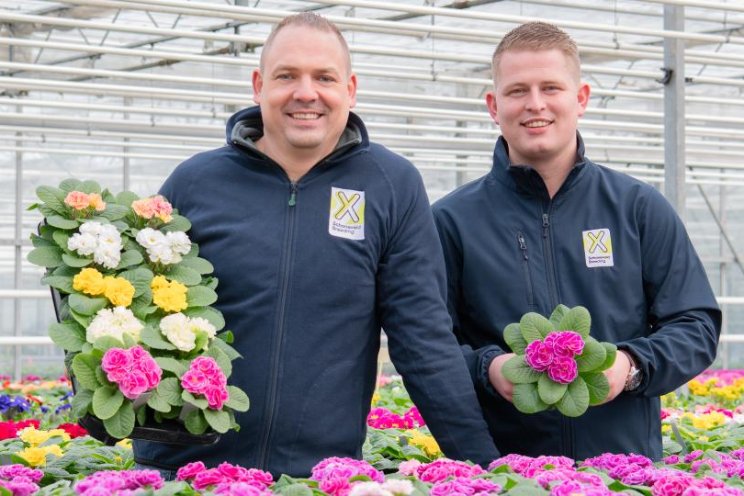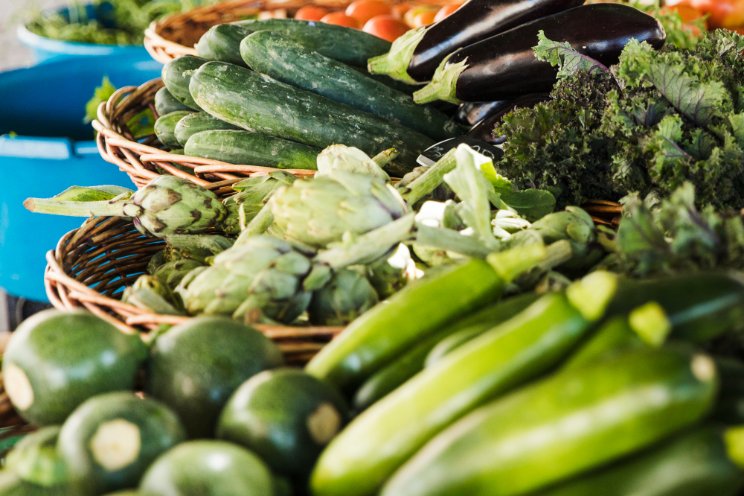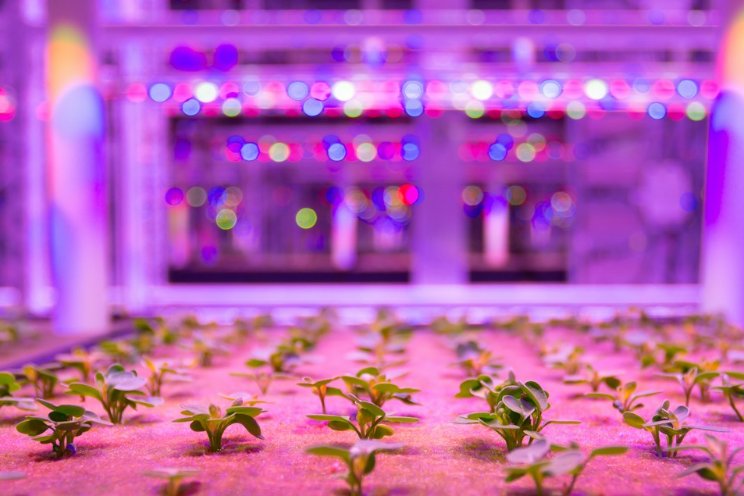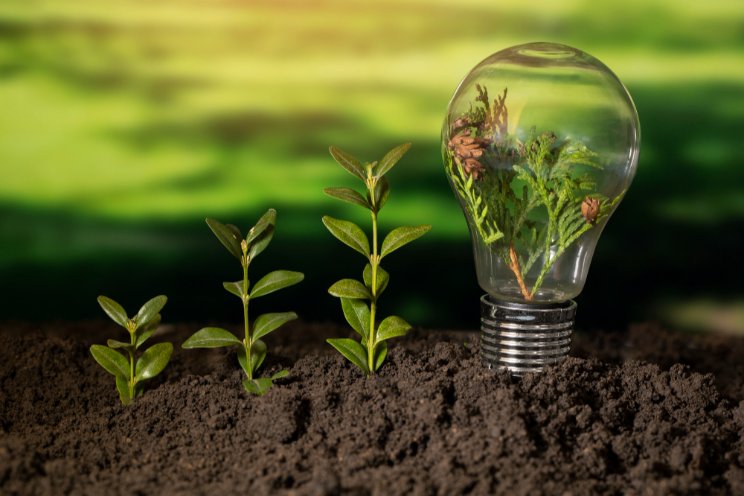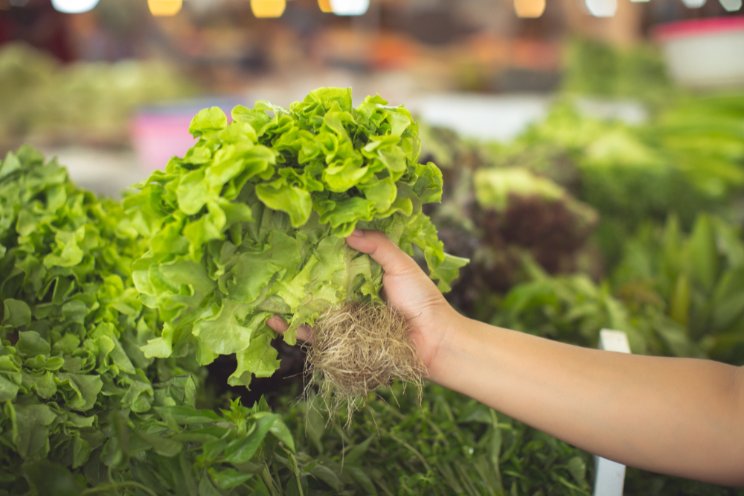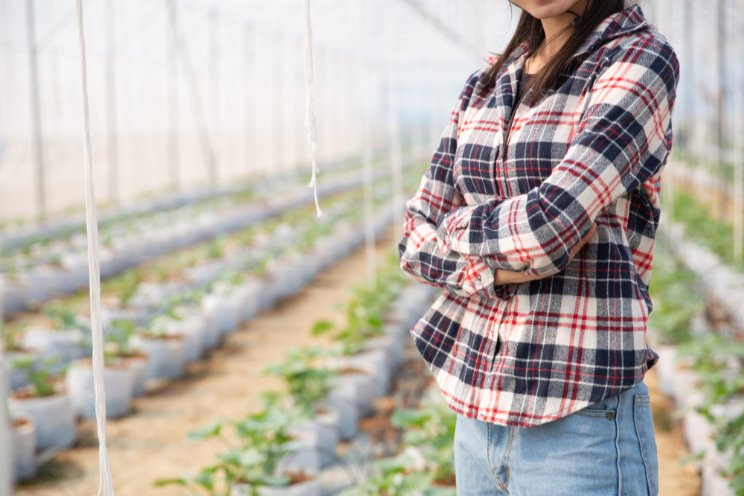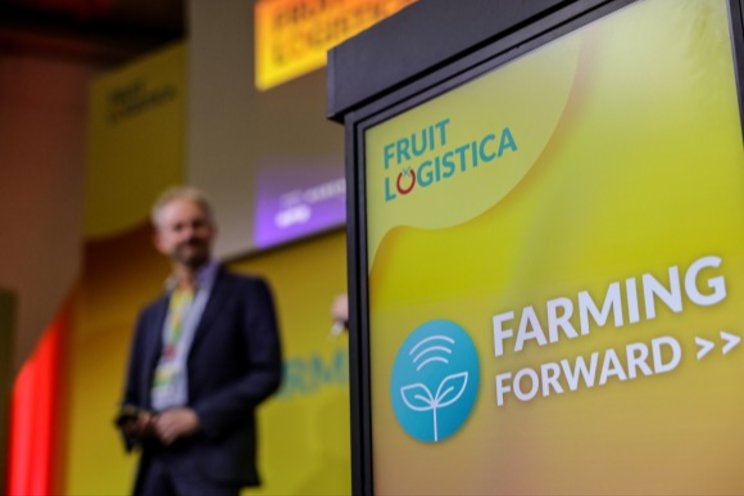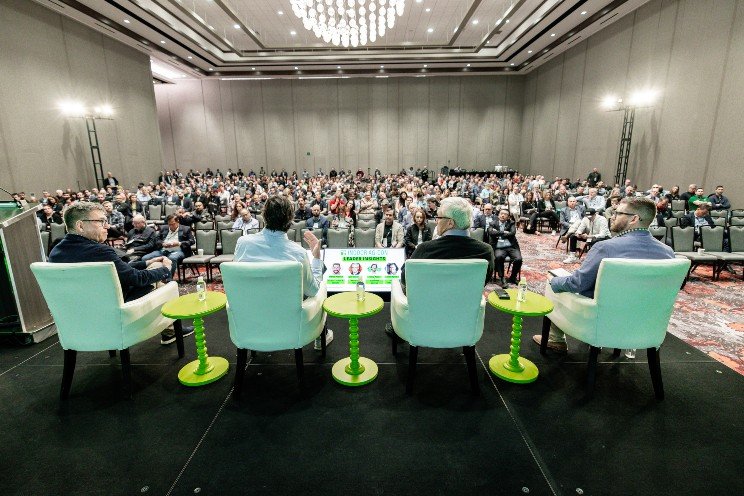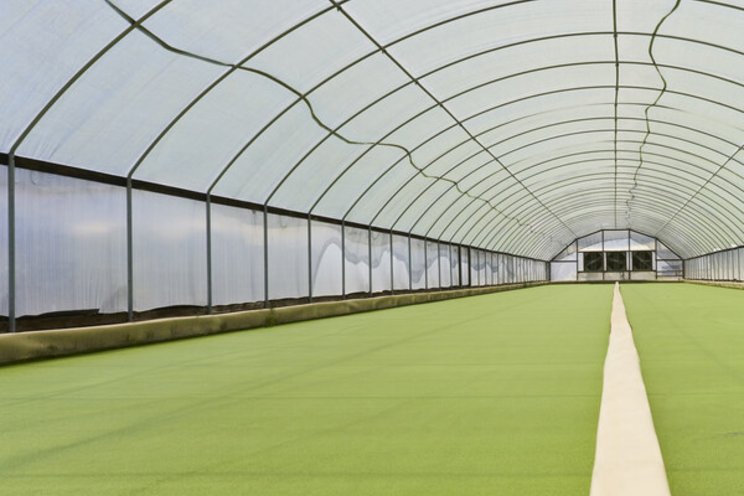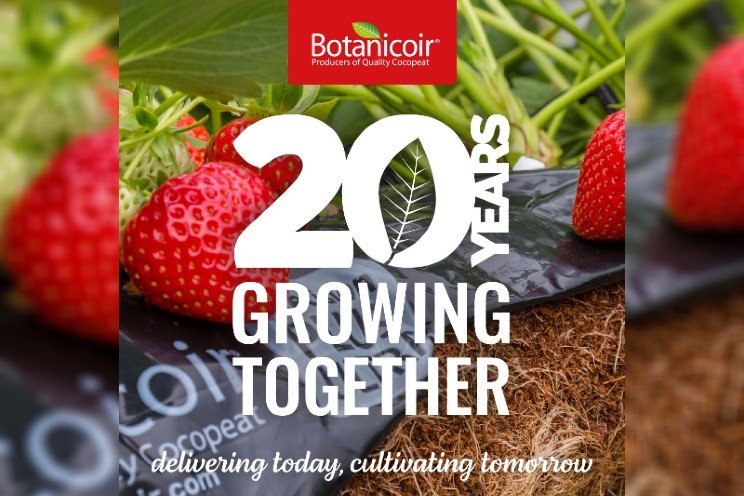Greenhouse operators to expand geothermal heat use
Added on 01 September 2021
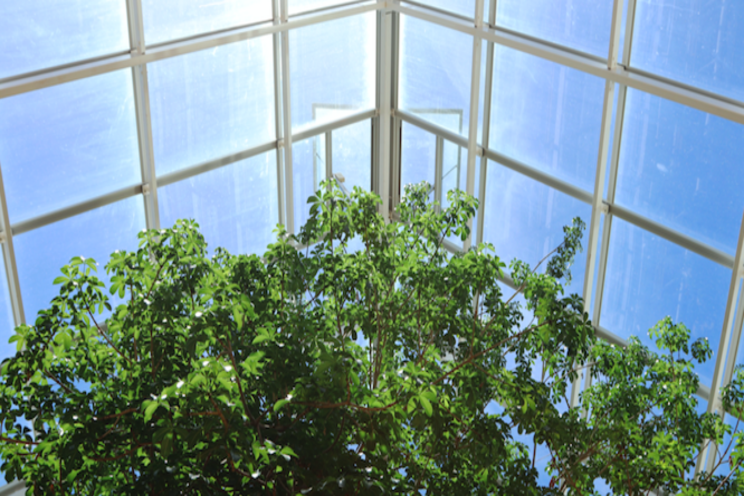
Two greenhouse horticulture companies, Harting Holland and De Bruijn Tomaten, Warmtebedrijf Westland and Shell are speeding up their plans to expand the existing geothermal energy production with the 'Geothermal Delfland' project in De Lier, in the Netherlands.
After concluding a cooperation agreement in April 2021, these companies started designing the sources, the necessary technical installations and mapping the possible sale of geothermal heat to various parties.
In August 2020, the national government already awarded a subsidy under the SDE+ scheme to make geothermal energy competitive in price with natural gas. Furthermore, Harting Holland and De Bruijn Tomaten have an exploration license that still offers room for this new project. In 2022, the participating parties will make a final decision on the implementation of their plans.
If a positive decision is Shell two wells of 2.7 to 3 kilometers deep-hole drilling to warm water of about 85 degrees Celsius to carry back on to pump, to release the heat via a heat exchanger to a heat distribution system, and the cooled water back into the warm porous rock layer, deep underground.
At the end of 2023, Shell can start extracting geothermal energy, part of which Harting Holland and De Bruijn Tomaten will use as extra heat for their greenhouses. Most of the heat will be sold to other customers in and around Westland, for which Warmtebedrijf Westland will install the transport pipelines.
Yeager Energy recently acquired Warmtebedrijf Westland. This company wants to lay pipelines to transport not only geothermal heat, but also want to lay CO2 and irrigation water lines as well as a fiber optic cable at the same time. That means they'll have to dig only once. Farmers currently pump groundwater for irrigation. That leads to subsoil salinization. Warmtebedrijf Westland wants to facilitate the geothermal trade between buyers too.
In De Lier, De Bruijn Tomaten and Harting Holland have been winning geothermal energy since 2014 with their own doublet. A doublet is a combination of a production well and an injection well. With this doublet they can sustainably heat their greenhouses for 80%. With the heat from the new source, this will soon be possible for 100%.
"It's great that our exploration license and the subsurface at our companies still offer room for entering into this new project," explains Paul van Steekelenburg, financial director and initiator of the geothermal energy project at Harting Holland. "Due to the current regulations for geothermal energy, we could never have realized a second and certainly not a third doublet in our detection area. That is why we are pleased that Shell and Warmtebedrijf Westland have stepped in. We are also only 20% short on sustainable heat, which would make an investment in a second doublet much too high."
Warmtebedrijf Westland, which was recently acquired by Yeager Energy, also wants to lay pipes for the transport of CO 2 and irrigation water as well as a fiber optic cable in the ground when laying pipelines for the transport of geothermal heat , so that only one digging is necessary. to become. For irrigation water, horticulturists still pump up groundwater, which, however, leads to salinization of the subsoil. In addition, Warmtebedrijf Westland wants to facilitate the mutual trade in heat between customers.
Van Steekelenburg is looking forward to the implementation of the project: "This is really about geothermal energy extraction 2.0. All aspects of the warm water coming out of the ground, the cool water going in and everything in between are well thought out. We consider all options to ultimately make the best choices."
Emil Heeren of the Shell project team is proud of this project. "It strikes me that both Paul van Ookelenburg and John Harting, owner of Harting Holland, and Aad de Bruijn, co-owner of De Bruijn Tomaten, and their sons are working with conviction towards the full switch to sustainable heat. They do this not only from a business perspective, but also because they want to contribute to climate conservation, which will particularly benefit the next generations of their families. We are very happy with the knowledge that the horticulturists have already gained with the extraction of geothermal energy and also with the constructive way in which we can exchange experiences with De Bruijn Tomaten and Harting Holland."
Source: Think GeoEnergy
Photo created by wirestock - freepik
Source: Think Geoenergy
More news
